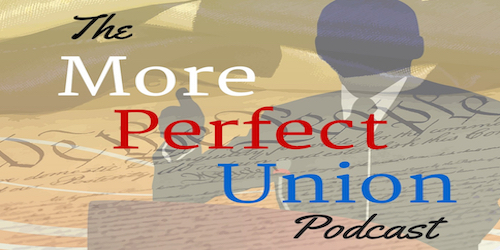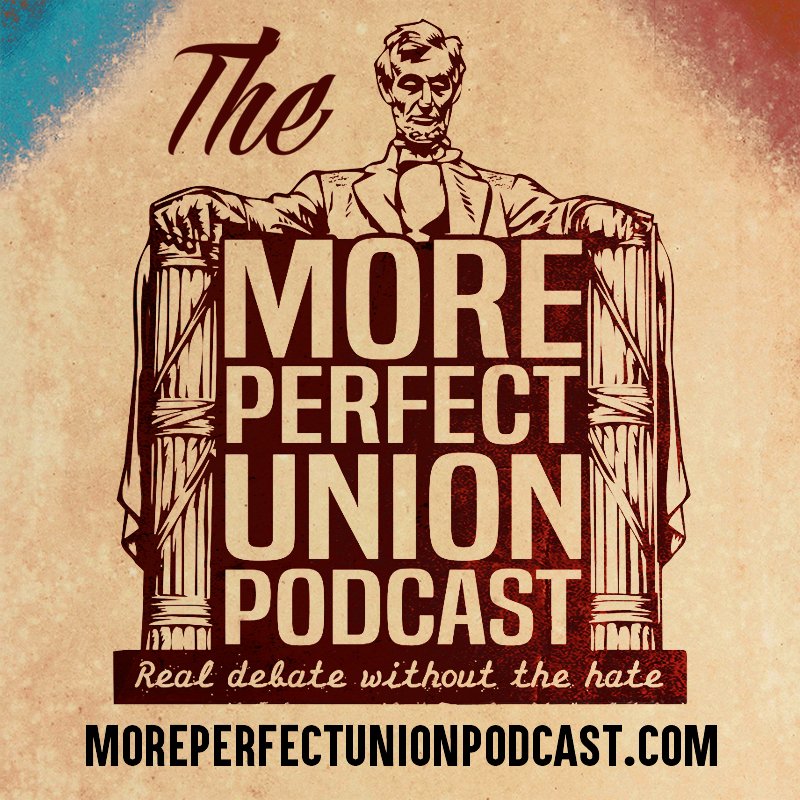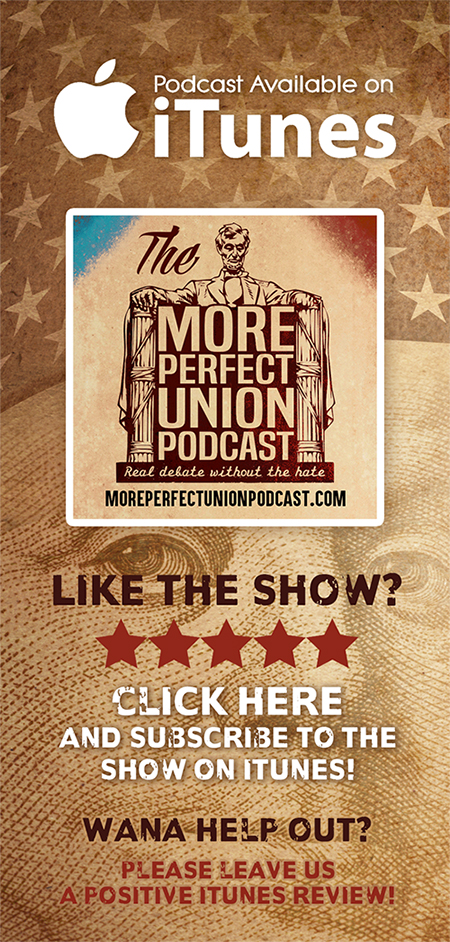

Where is Puerto Rico’s Place in the Union?

Where is Puerto Rico’s Place in the Union?
by Cliff Dunn
Hurricane Maria is, without a doubt, a humanitarian catastrophe for Puerto Rico, and one which deserves a good deal of aid for her people. However, the disaster which has befallen Puerto Rico is unusually complicated: Long before the hurricane hit, the island suffered from decades of poor governance and underinvestment in its infrastructure. Maria’s impact on the island was akin to a tree falling on top of a derelict house: Rather than just knocking a hole in the roof, the whole house came crashing down.
The situation with PREPA is rather emblematic of the island’s conundrum as a whole: Voters have repeatedly opted to have their cake and eat it too, repeatedly refusing statehood when given the chance for a mix of reasons likely including their long-standing exemption from federal income, estate, and until recently corporate income taxes. The only when a straightforward statehood option got a majority was the troubled 2017 referendum, which the government botched so spectacularly that they lost $2.5 million in federal funding, triggered boycotts by multiple parties, and achieved the lowest turnout in any referendum on the question (22.9%), with roughly 200,000 fewer votes cast in the 2017 refendum than in the 1967 one despite a significant increase in the territory’s population in the ensuing half-century and with roughly 300,000 fewer votes cast in favor of independence in 2017 than in the corresponding question in the 2012 referendum (in which many of those answering the statehood question would seem to have preferred the current stauts to statehood while strongly preferring statehood to independence…and in which several hundred thousand supporters of the current status intentionally left the second question blank). The general takeaway of the four referendums held over the last 25 years might reasonably be interpreted by Groucho Marx: Whatever it is, they’re against it.
While it can be argued that the US is not without some blame for the current situation in Puerto Rico, this argument faces two flaws. The first is the aforementioned fact that Puerto Ricans have repeatedly refused the choice of switching their status. The second is that the greatest problem which has bedeviled the /government/ of Puerto Rico has also arguably been the greatest boon to her residents, namely that the unrestricted access to the opportunities of being part of the United States has allowed hundreds of thousands of Puerto Ricans to seek out jobs elsewhere in the country and led to an arguable “brain drain” which was in the past only prevented through effective tax subsidies from the federal government. An analogy with Greece in the European Union as of late seems not inapt.
So again, what is to be done? To paraphrase one of my co-hosts, the patient needs to be stabilized first, though such “recovery aid” cannot be an indefinite federal responsibility and at least some cost needs to be passed onto the government there. To use the earlier analogy, Puerto Rico getting a free power grid would be akin to the owner of that derelict house getting a brand new house for free because he had the “good fortune” to have the tree fall. There is a good reason that the insurance company would fight such a claim.
Once that is accomplished, stock needs to be taken of what is left (e.g. how many Puerto Ricans emigrate in the time it takes the power to come back on?) and where, practically speaking, Puerto Rico can go next. The optios on the table then need to be stark and linked: A period of painful reforms (likely including the government losing ownership of many assets and the passage of a balanced budget amendment) followed by statehood, or no reforms and independence, with Puerto Rican debts then able to be watered down by a local currency devaluation. This is basically where we were before the Hurricane Maria hit, by the way: Maria put a spotlight on the problems Puerto Rico is facing, but she didn’t cause most of them.






